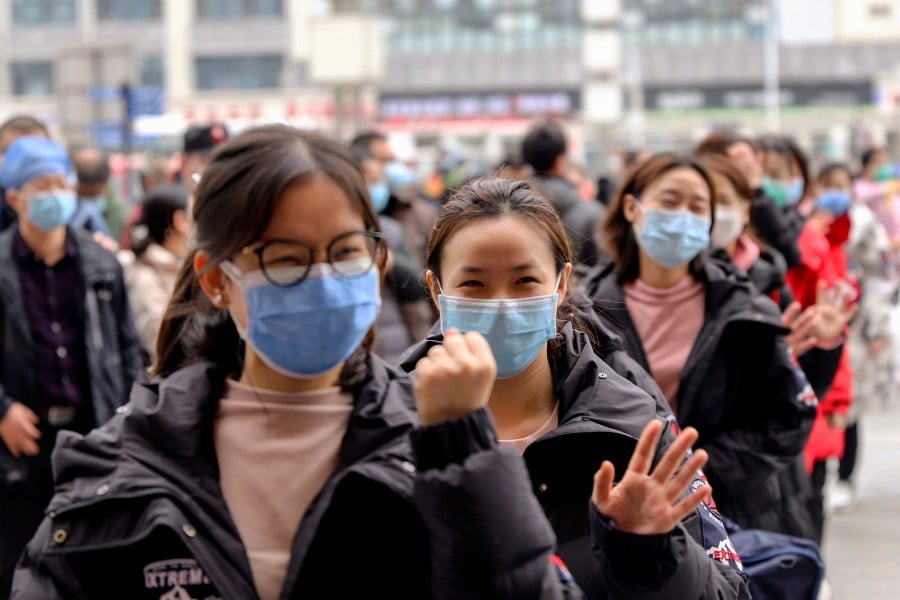
Expert: Millions spent on importing vaccine, when they can be made in country
by New Straits TimesKUALA LUMPUR: It is time Malaysia invests in the medical biology sector, and research and development in health science.
Despite progress in research and development in science and technology, agriculture and biodiversity in recent decades, Malaysia is lagging behind as it is dependent on international manufacturers for vaccine supplies.
Millions are spent to import the vaccines when they could be engineered locally.
Speaking to the New Straits Times, former United Nations secretary-general’s Scientific Advisory Board member, Emeritus Professor Tan Sri Dr Zakri Abdul Hamid, said Malaysia had much potential in the area.
“Research and development initiatives are not new for us. We have a long history at the Institute of Medical Research in scientific and sustained research into causes, treatments and prevention of diseases for decades.
“Malaysia has a pocket of expertise in the molecular biology sector and we should not hesitate to take on new challenges.
“We can carry out testing and develop vaccines and cures. We have ample space to study, explore and experiment viruses and bacteria to find cures, anti-virals and vaccines.”
He said the advancement of science and technology and high-tech facilities in laboratories in the country could enable it to make new discoveries.
“The government should consider this.”
For the Covid-19 outbreak, Zakri said scientists from all over the world were looking for a medical breakthrough, or vaccines to combat the virus, but nothing had been achieved.
With a vaccine research centre here, he said Malaysia could assist in research and development for vaccines.
“It’s a timely proposal for Malaysia.”
Zakri, who is the founding chair of the Intergovernmental Platform on Biodiversity and Ecosystem Services, said with the research centre, Malaysia could learn from countries that had similar centres, like Indonesia or Iran.
He said the cost involved in setting up a large-scale research and development centre might be expensive, but worthwhile in the long run because it was for the interest and survival of mankind.
“It could take years, but it’s worthwhile. In the 1990s, when technology was not this advanced, a Malaysian professor, Datuk Dr Lam Sai Kit, from Universiti Malaya discovered the Nipah virus with a little help from Singapore in 1998.
“The virus had claimed more than 100 lives when it first struck both countries.”
He said with some of the best researchers and world-class laboratories and facilities now, the country should excel.
Bernama reported yesterday that Dr Lam had said developing a vaccine safe for human use typically took years, but there was a reason to believe that it would be speedier this time around.
“Advances in technology make it possible to come up with candidate vaccines in a matter of weeks, unlike traditional methods, which take years.”